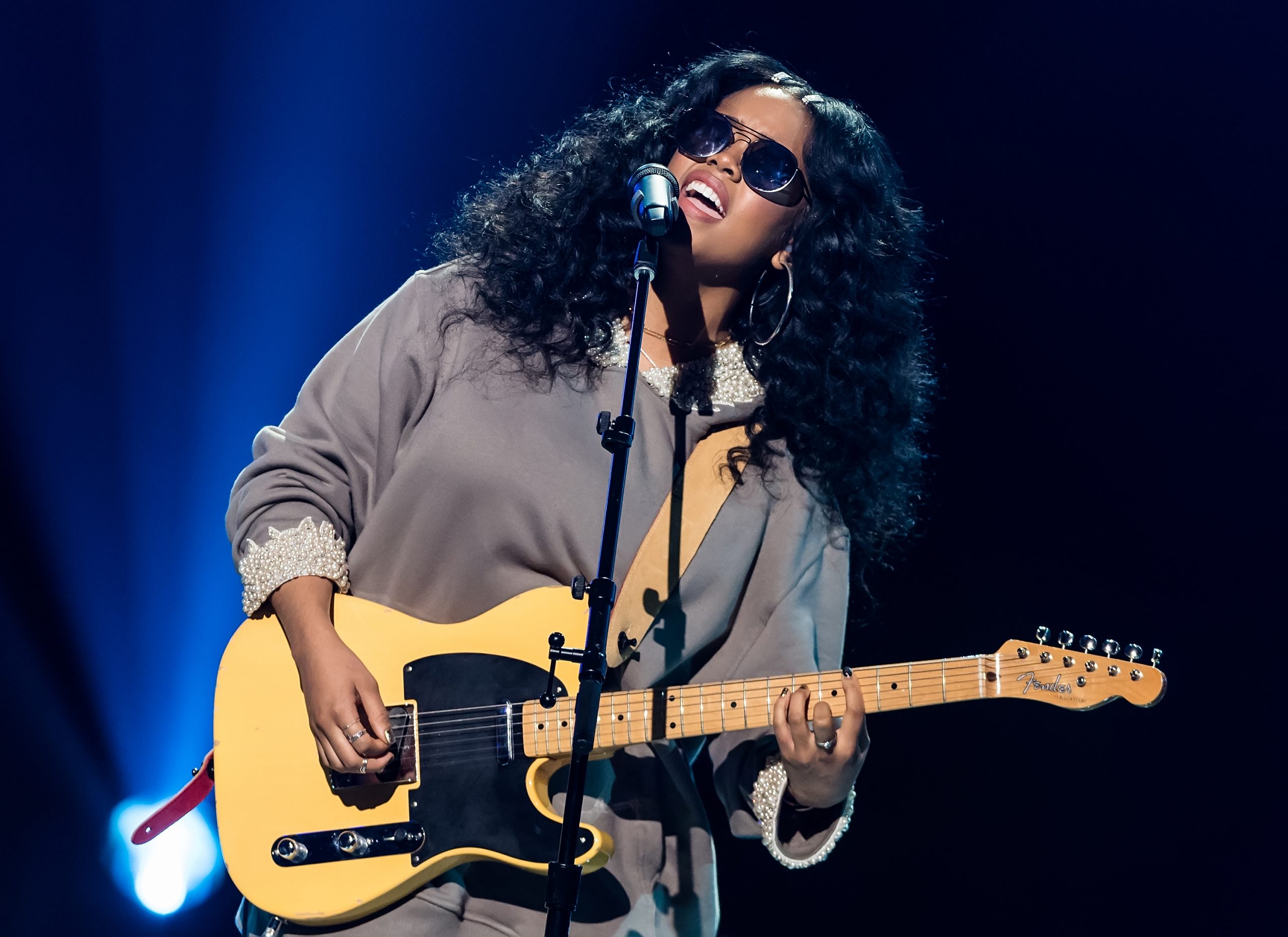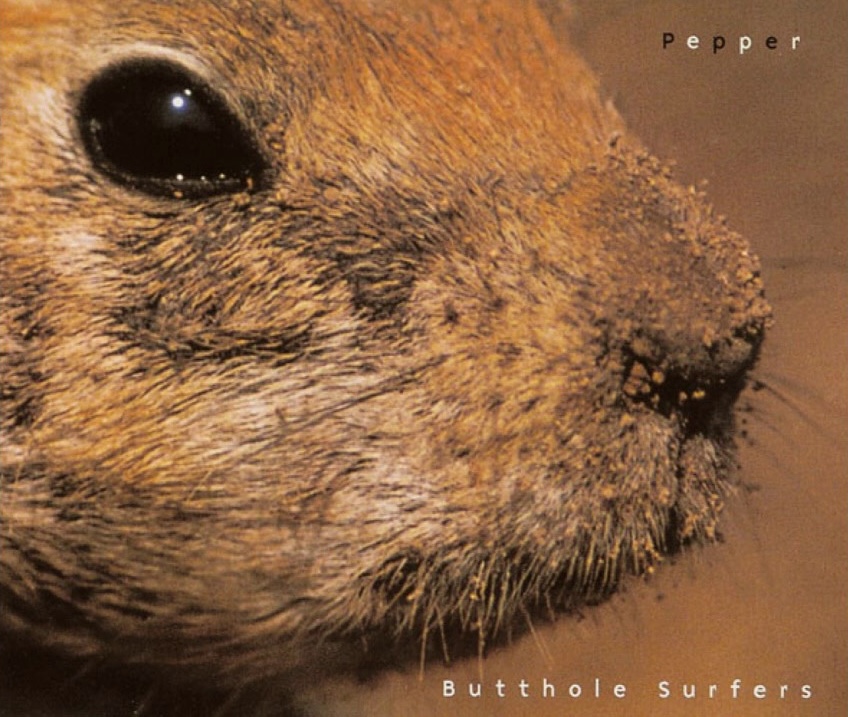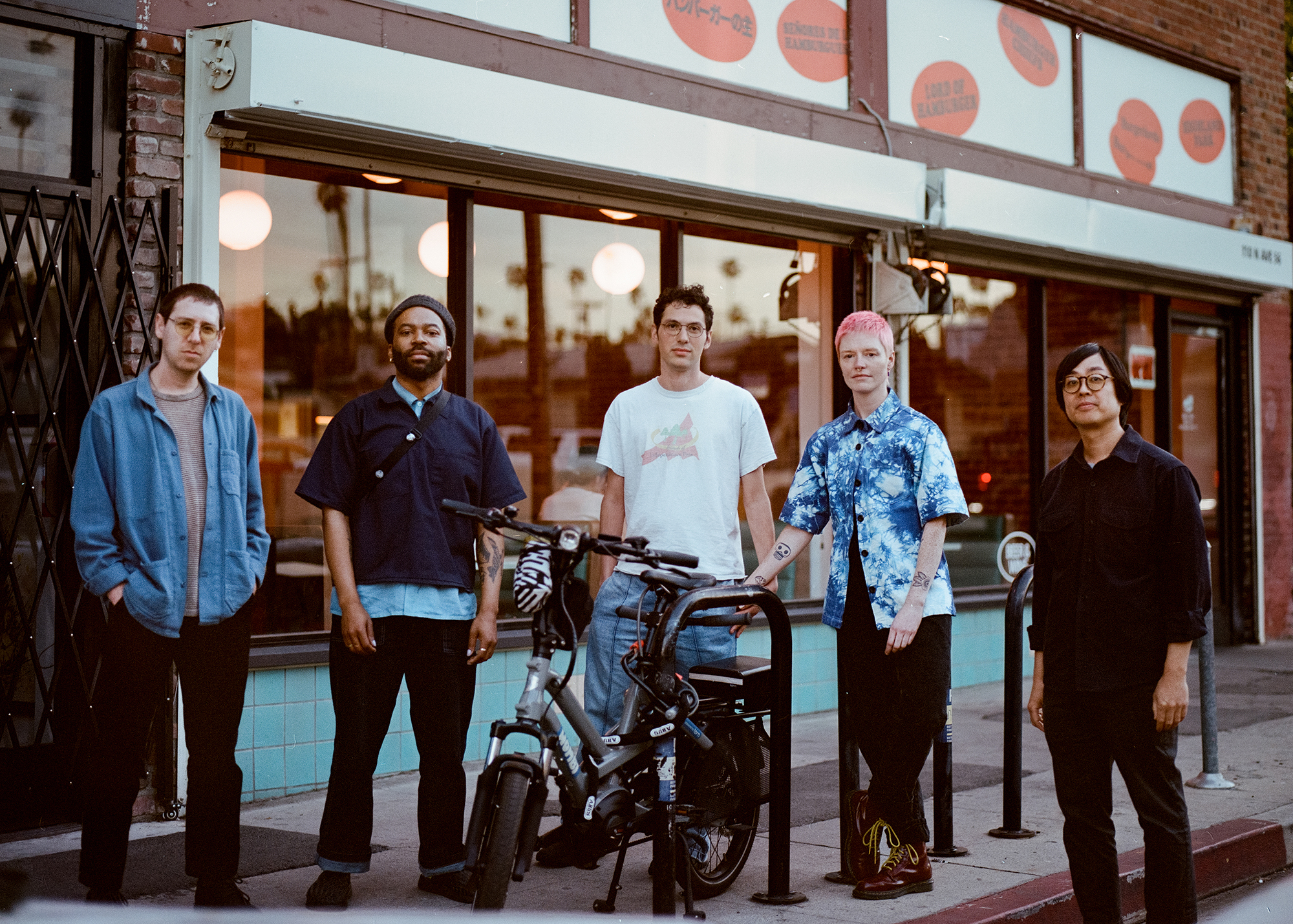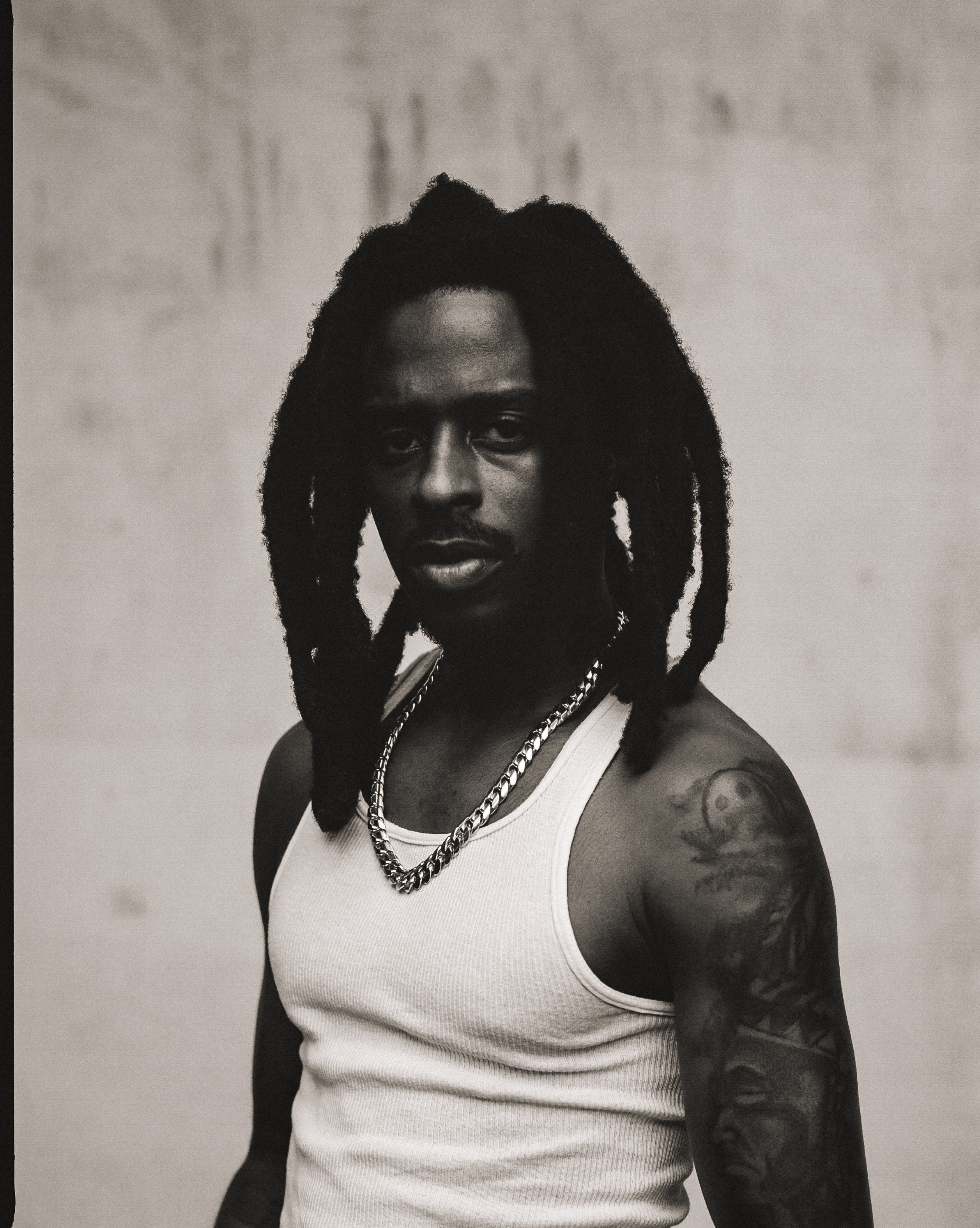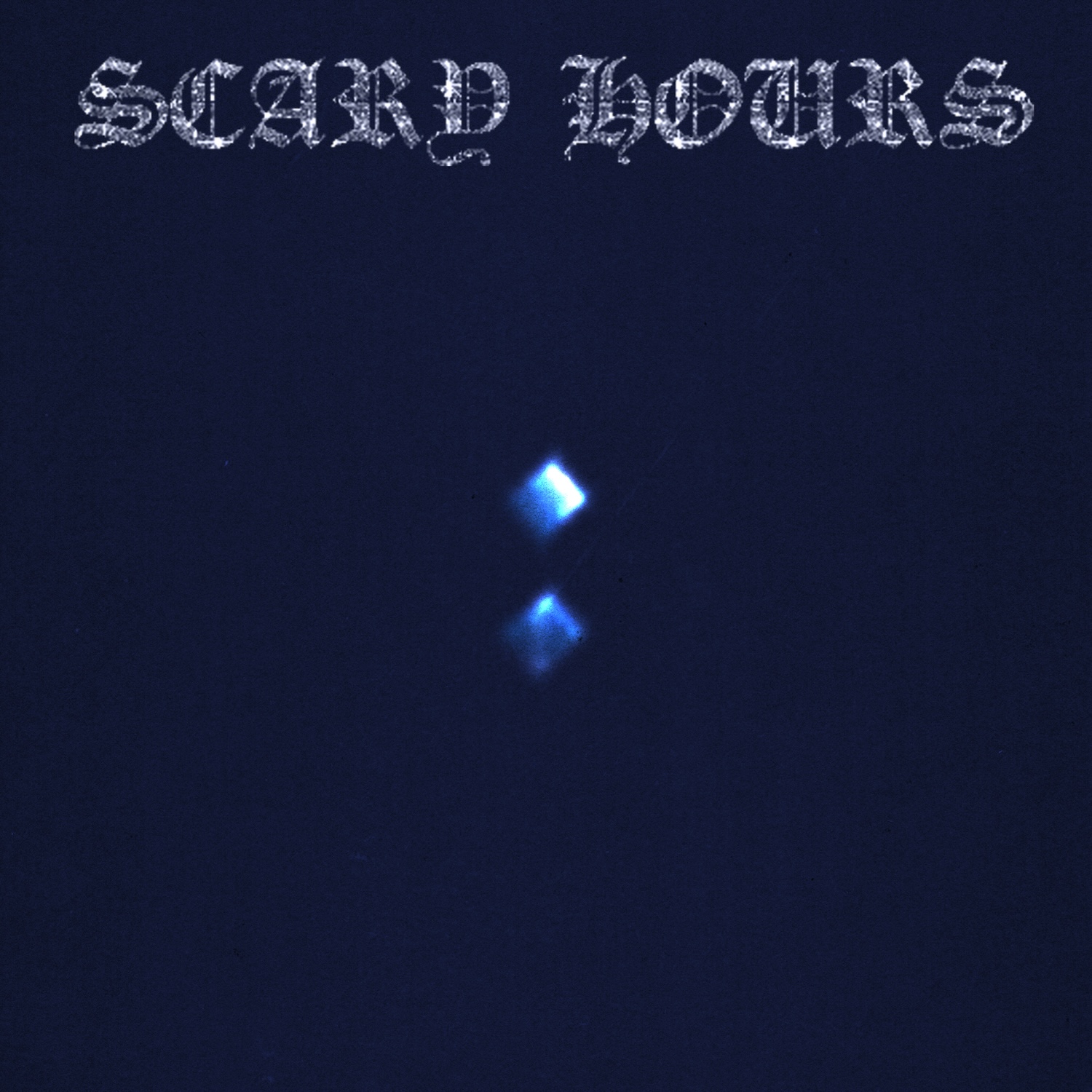The Grammys are weird. We all know this. The Recording Academy has long viewed the world as through cracked glass, capturing a vision of the mainstream that feels true-to-life yet distorted in ways that make me feel like I'm dreaming, or sick, or dead. Are they awarding artistic excellence or commercial dominance? Where did that pick come from? If she's nominated, how can she not be? With this year's slate of nominees freshly released, it's time to peer into that alternate universe again and try to make sense of it.
If we want to understand the Grammys as a popularity contest, there are ways in which this year's races for Album, Record, and Song Of The Year accurately reflect the pecking order of modern pop. Cardi B, Drake, Kendrick Lamar, Post Malone, Childish Gambino -- these are some of the most pervasive figures in music right now, so it's no surprise to see them heavily represented in the major categories. It also goes to show how hip-hop and pop have come to be more or less synonymous terms again, even if top 40 radio programmers either haven't caught on or are stubbornly resisting.
Despite his history of being snubbed for Album Of The Year, Kendrick has long been a Grammy darling, so it's no surprise to see him leading the field with eight nominations, especially for a tie-in with a well-regarded blockbuster movie. (How hilarious will it be if Kendrick finally wins AOTY for Black Panther?) Drake unquestionably ruled the 2018 charts, so of course he's holding it down with seven nominations now that he's opted to submit his music for consideration again. Cardi has been a force on the charts and the year-end lists -- even the self-consciously obscure list at The Quietus featured Invasion Of Privacy. She and Post have been so successful that the Grammys deemed them ineligible for Best New Artist. And Donald Glover, whose last Childish Gambino LP was nominated for Album Of The Year, stopped the world with his "This Is America" video.
The Record and Song categories are also dotted with some M.O.R. hits that feel like natural Grammy fits. Lady Gaga and Bradley Cooper's "Shallow," Shawn Mendes' "In My Blood," Zedd and Maren Morris' "The Middle," Ella Mai's "Boo'd Up" -- these songs range from good to great, and they're all just vanilla enough to inspire a knowing of course. As for the Album Of The Year contenders, Janelle Monáe's Dirty Computer and Kacey Musgraves' Golden Hour both drip with prestige. Monáe is a potential future EGOT, the type of glamorous all-around entertainer who these awards institutions gravitate toward. And Musgraves, no stranger to Grammy nominations, already won for Golden Hour at the CMAs despite being ignored by country radio. Her inclusion was a foregone conclusion.
All those nominations make a lot of sense. But if the Grammys are mainly trying to reward the most successful musicians in pop, it's even more perplexing that they shut out Taylor Swift and Ariana Grande from the general field categories -- especially given the expansion from five to eight nominees. Swift's "Look What You Made Me Do" was overlooked last year, so many prognosticators saw this coming. Still, Reputation, released at the end of 2017, outperformed every 2018 album this year, and its accompanying stadium tour was a smashing success. Yet like her pal Ed Sheeran last year, the Grammys boxed Swift out save for one measly nomination. I'll be surprised if she even shows up.
Reputation will compete for Best Pop Vocal Album against Sweetener, one of only two nods for Grande along with "God Is A Woman" in Best Pop Solo Performance. Sweetener had a strong showing on the charts, spun off several big hits, and won acclaim far and wide, so the Academy's cold shoulder toward Grande is the biggest shocker of the day. By comparison, snubbing Beyoncé and Jay-Z's Everything Is Love makes a little more sense given its more limited impact; although Bey and Jay are music royalty, beyond the rightfully nominated "Apeshit" video and an imperial stadium tour of their own, their efforts were outshined this year. (For what it's worth, they're also up for Best Urban Contemporary Album and Best R&B Performance for "Summer," which for most artists would be a pretty good haul.) And given his lack of quality control lately, the most noteworthy thing about Kanye West being limited to just the Producer Of The Year race is that he was nominated for anything at all.
Every year there are some surprise gate-crashers in the major categories. This year those include R&B upstart H.E.R. (pictured) and Americana veteran Brandi Carlile. Both artists feel like somewhat random inclusions in the top tier, as if plucked blindly from a pool of potential underdogs, but they're not necessarily weird inclusions. They each make Grammy-friendly versions of their respective genres, artfully crafted yet tasteful and traditionalist. Carlile's By The Way, I Forgive You is up for Album Of The Year, and its piano-laden power ballad "The Joke" got nods for both Record and Song Of The Year. I'd be stunned if "The Joke" won its categories against so many mainstream heavyweights, but if you're betting on a surprise Album Of The Year winner, Carlile is a contender. As for H.E.R. -- who wins instant Grammy points by being an R&B singer who plays guitar on stage -- her self-titled debut nabbed an Album Of The Year nod, which also marks her as the frontrunner in the Best New Artist race.
Man. Best New Artist. No category is weirder this year. You've got H.E.R., Jorja Smith, and the sister duo Chloe x Halle, three young, enjoyable, extremely safe R&B acts of different stripes. You've got mainstream country beefcake Luke Combs, who looks like a cast member from Duck Dynasty, and underground country cause célèbre Margo Price, this year's closest thing to an indie favorite á la Bon Iver or Courtney Barnett. You've got young female pop singers Dua Lipa and Bebe Rexha. And you've got Greta Van Fleet, the Led Zeppelin-loving walking punchlines who inspired this year's most talked-about album review. In all the other general field categories, the balance of power remains more or less unshifted by the expansion from five to eight nominees. But Best New Artist, always an unpredictable shitshow, feels extra off-kilter this time around.
Beyond the Big Four, the nominees are even more perplexing. This is normal for the Grammys. If the Academy generally produces a funhouse-mirror version of mainstream pop, the further they get from that world, the stranger their choices become. It's hard to make a big stink about the pop categories, and they managed to come up with a respectable list of nominees for Best Music Video (shout out Tierra Whack!). The country categories also nailed their usual mix of NPR acclaim and mainstream ubiquity. But the divisions between rap, R&B, and "Urban Contemporary" continue to feel porous and extremely arbitrary. Similarly, it's odd to see Drake's Scorpion up for Album Of The Year but not Best Rap Album; presumably this was based on the same rationale that barred Post Malone from the rap categories, an outdated rule regarding the percentage of rapping versus singing.
Best Dance/Electronic Album is an admittedly exciting category with SOPHIE and Jon Hopkins -- both of whom earned year-end honors from Stereogum -- in the mix alongside talented acts TOKiMONSTA, Justice, and Sofi Tukker. And the race for Best Alternative Music Album is, per usual, a mix of esteemed brand names and living legends that still manages to be somehow extremely underwhelming: very strong Björk, St. Vincent, and David Byrne albums, a curious and polarizing Arctic Monkeys offering, and Beck's underwhelming Colors. They found room for Mitski in Best Recording Package but not here?
The rock categories in particular are consistently laughable. Rock isn't dead, but you wouldn't know it by the Best Rock Album competition, a motley crew comprising the aforementioned Greta Van Fleet, Fall Out Boy, Weezer, Ghost, and the zombie festival-circuit version of Alice In Chains. The Best Rock Song race is a little less atrocious, but any category that pits Twenty One Pilots vs. St. Vincent vs. Bring Me The Horizon vs. Ghost vs. Greta Van Fleet is at best awkwardly defined. And, like, props for nominating Deafheaven's epic "Honeycomb" for Best Metal Performance, but why is Best Metal Performance the only metal-specific category? Somehow there's room for umpteen variations of jazz, blues, roots, and gospel music, but metal albums are shoehorned into the same rock categories broad enough to include Annie Clark's big pop crossover attempt?
Asking these sorts of questions is, admittedly, a fool's errand. No one is turning to the Grammys to find out who made the best metal album between Oct. 1, 2017 and Sept. 30, 2018. No one thinks the Recording Academy really has the final say on who recorded the year's best rap/sung collaboration. Yet as long as a Grammy remains an attention-grabbing, door-opening, potentially career-making magical object, the process of handing them out will continue to be endlessly fascinating. And confusing. And enraging -- unless Golden Hour wins Album Of The Year, in which case the Grammys are redeemed forever. See you in February!
